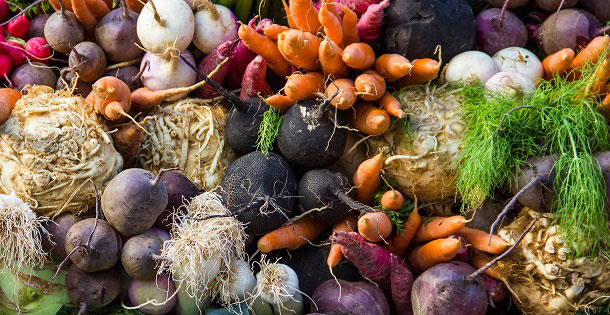An abundance of flavors awaits you as soon as you can work up the gumption to snatch that odd-looking root vegetable or unrecognizable leafy green from the grocery shelf. Expand your culinary horizons with confidence by swapping in some produce stars you didn’t know you needed.
1. Daikon radish
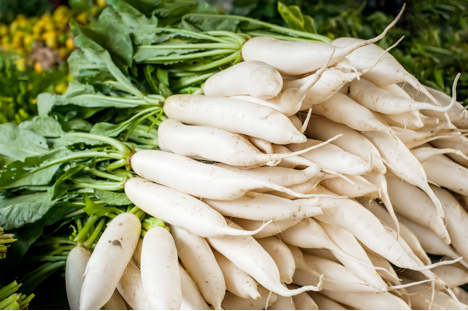
These giant root vegetables are popular in most Asian cuisines, where they are often pickled or stir fried. You can prepare them in the same manner as carrots: roasted, grated into slaws and salads, or cooked into stews and soups. Daikon radish is easy to grow in the garden, and it even improves your soil.
Recipe: Japanese salad
2. Persimmons
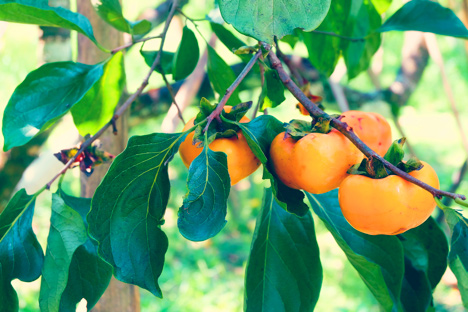
An oft-overlooked fall fruit that is native to most of the eastern U.S., persimmons are perfect for Midwestern Thanksgiving sides and desserts. Persimmon pudding is a classic dish, but these sweet tomato lookalikes can be used caramelized in salads too.
Recipe: Persimmon cookies
3. Celeriac
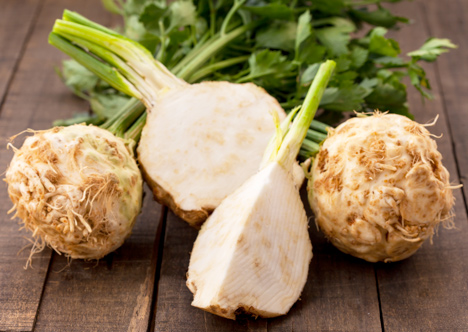
At first glance, this celery root might look hideous, but underneath the tough skin is an ivory flesh full of nutrients and dietary fiber. The tuber can be fried or roasted like potatoes or mashed and puréed for soups.
Recipe: Celery root puree with pear anjou
4. Fennel
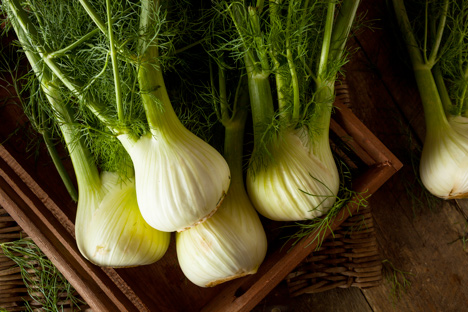
This unique vegetable has enjoyed popularity in recent years as chefs recognize its versatility. The mild licorice flavor of raw fennel fronds and bulbs are a tangy addition to salads, but chopped, roasted bulbs take on an excitingly sweet flavor that begs to be paired with seared fish filets.
Recipe: Apple and fennel salad
5. Chayote squash
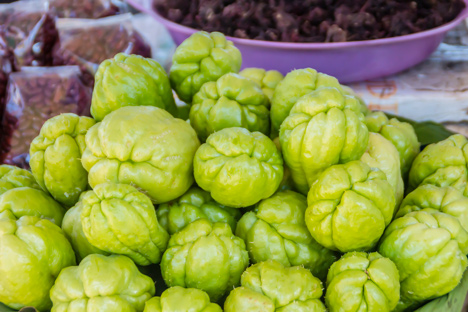
Even though this Mexican gourd has been cultivated for centuries, you may have only recently started seeing them in grocery stores. Chayote is the poster child for squash versatility, taking on any flavors you can throw at it. Sauté it with cumin and paprika, or make stuffed chayotes in lieu of stuffed green peppers.
Recipe: Chayote pie
6. Turnips
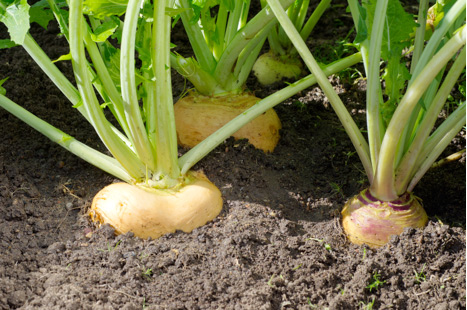
If you’re tired of constant potatoes, try swapping in some low-carb turnips for your next mashed or roasted side. The tuber and the greens of this easy spring grower deliver a mustardy kick. You can even chop some raw and serve them on your next vegetable tray.
Recipe: Spinach and turnip soup
7. Kohlrabi
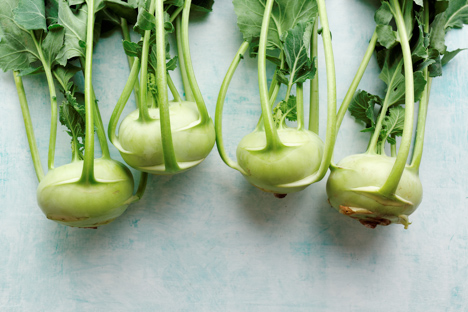
Another easy-going brassica that’s showing up in more and more farmer’s markets, kohlrabi excels in Indian curries. The bulbous head can also be grated into slaws or even sliced, battered, and fried like zucchini.
Recipe: Curtis Stone’s homemade-chicken-soup-makes-me-feel-better soup
8. Chard
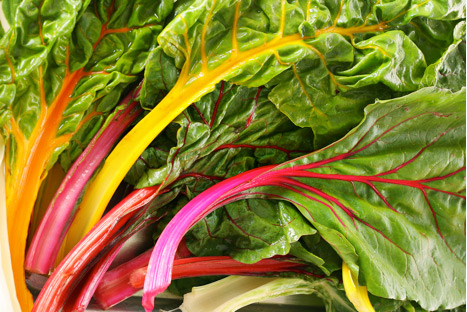
The nutritional value of this colorful green rivals that of spinach and kale, but somehow chard never received the same attention. Its unique sweetness and antioxidant properties make it a no-brainer for sautéing, creaming, and even raw-eating.
Recipe: Turkey and cider-braised greens
9. Yuca (cassava)
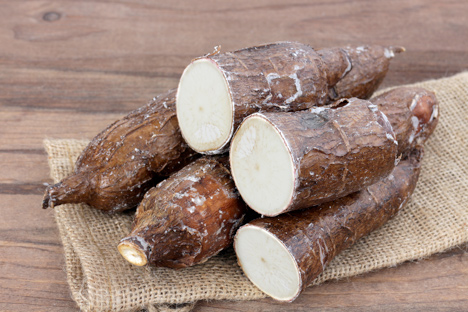
Baked yuca fries are an exciting, sweet alternative to the potato variety. You can find these ancient tubers at most international or Latin American grocery stores. After scoring and peeling yuca, cook them any way you would a potato.
Recipe: Baked yuca fries
10. Watercress
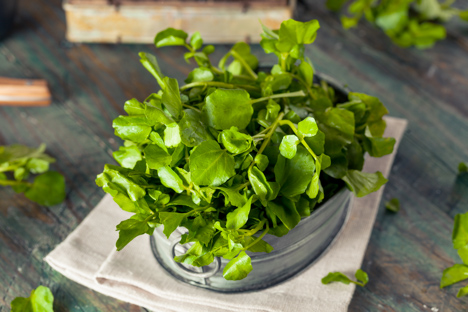
Even if you’re not treating hair loss or bronchitis, this little leafy green packs a big, peppery punch in soups, salads, and everything else. Serve fresh watercress snippets on your star dishes for a glorious presentation at your next dinner party.
Recipe: Roasted pumpkin salad
11. Jicama
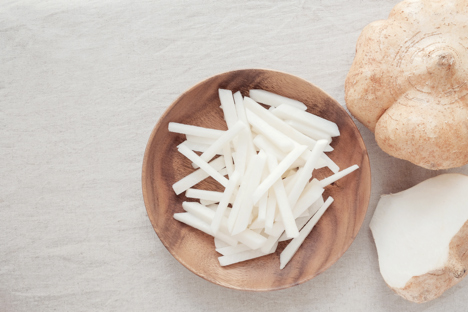
This Latin American produce favorite adds an apple-like crunch to a variety of dishes. Chop it up thinly (after peeling) and add it to guacamole or salsa, or make jicama matchsticks for spring rolls and garden wraps.
Recipe: Jicama dill “potato” salad
12. Pawpaw
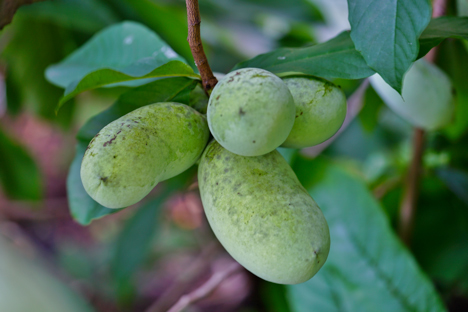
The native tree fruit that delivers the taste of the tropics in the temperate U.S. is still, somehow, a relative secret in America’s kitchens. The flesh of pawpaw fruits is a cross between a banana and a mango, which means you should be taking advantage of this native in breads, pudding, and ice cream as soon as possible.
Recipe: Pawpaw pudding
Become a Saturday Evening Post member and enjoy unlimited access. Subscribe now
